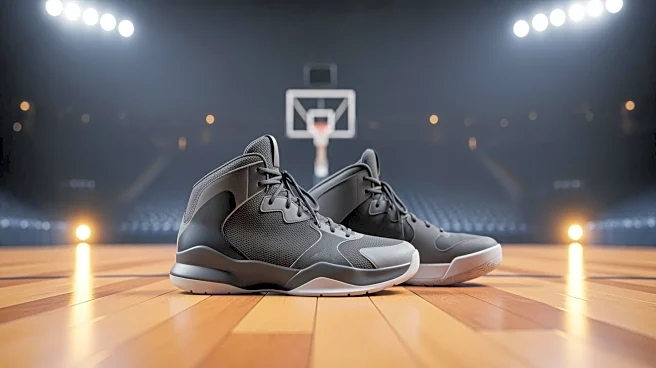What's Happening?
NBA commissioner Adam Silver has promised a "big increase" in WNBA player salaries as part of ongoing collective bargaining negotiations, but his comments have been met with criticism from the WNBA Players'
Association. Silver's refusal to use the term "share" in relation to revenue distribution has raised concerns among players, who are seeking a larger share of the league's revenue. The players' union has expressed dissatisfaction with the league's approach, emphasizing the need for a salary system that reflects their contributions to the league's growth.
Why It's Important?
The negotiations over the WNBA's collective bargaining agreement are crucial for the future of the league and its players. The players' demand for a fair share of revenue highlights broader issues of equity and compensation in professional sports. The outcome of these negotiations will impact player salaries, league dynamics, and the WNBA's ability to attract and retain talent. The situation also reflects ongoing discussions about gender equality and fair compensation in sports, with potential implications for other leagues and industries.
What's Next?
As the deadline for the CBA approaches, both the league and the players' union will continue to engage in negotiations to reach an agreement. The players' push for a revenue-sharing model may lead to changes in how the league structures its financial arrangements. Stakeholders, including team owners and sponsors, will be closely monitoring the situation to assess its impact on the league's growth and stability. The resolution of these negotiations will set a precedent for future discussions on player compensation and league management.








